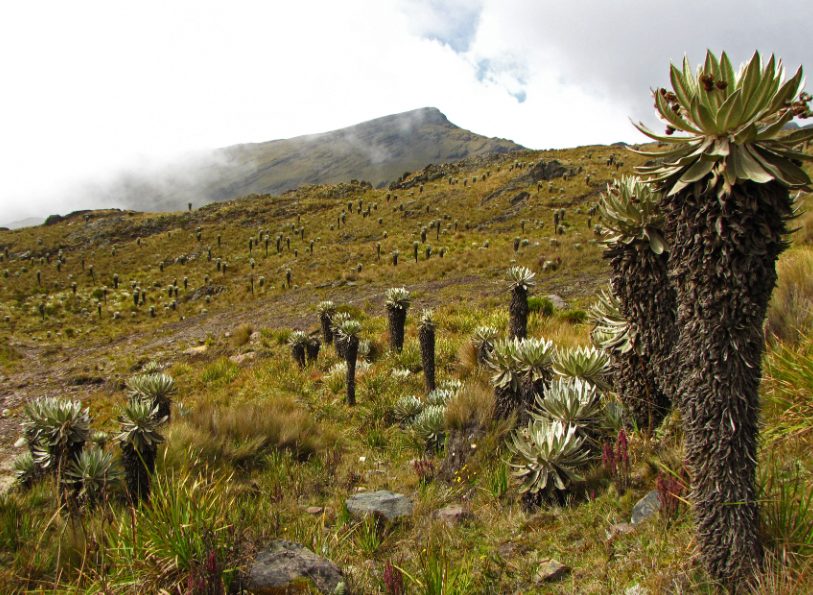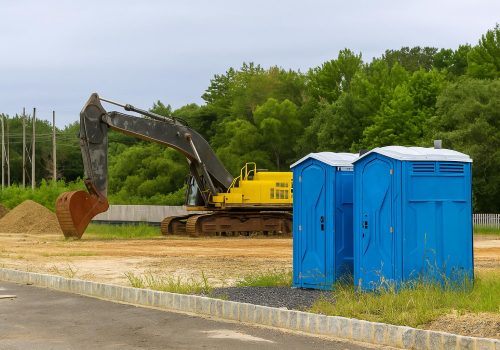Why Rural Settings Also Benefit From Ecological Assessments
Investing in your community means pulling all the stops, and ecological assessments have a crucial role. While they are commonly associated with urban and suburban areas, rural settings also greatly benefit from these assessments. Let’s explore how rural ecosystems benefit from ecological assessments designed for their preservation.
The Unique Characteristics of Rural Ecosystems
Rural areas are known for their rich biodiversity and natural habitats. These landscapes often provide shelter to numerous species of plants, animals, and insects, many of which may be endangered or protected.
Additionally, rural regions are frequently engaged in agricultural activities, which can have a significant impact on the environment. Understanding the delicate balance between human activities and wildlife is crucial in these settings.
Why Rural Settings Benefit from Ecological Assessments
Identifying and Protecting Sensitive Habitats
By identifying sensitive habitats, conservation measures can be implemented to preserve them. Protecting these ecosystems not only safeguards biodiversity but also contributes to the overall health of the environment.
Sustainable Land Management Practices
Assessing the environmental impact of agricultural activities is vital for rural regions. Ecological assessments provide insights into the effects of farming practices on soil, water, and air quality. With this knowledge, land management practices can minimize negative impacts, promote conservation, and ensure the long-term viability of rural ecosystems.

Balancing Development and Conservation
Through ecological assessments, the potential adverse environmental impacts of agricultural project can be evaluated. By adhering to environmental regulations and incorporating mitigation strategies, development can occur in harmony with conservation efforts. This strikes a balance between progress and the protection of rural ecosystems.
Monitoring and Mitigating Environmental Threats
Ecological assessments help identify invasive species, pollution, and climate change and allow for the development of effective strategies addressing them. Regular monitoring and ecological assessment reports ensure prompt action to protect the delicate balance of rural environments.
Enhancing Community Awareness and Involvement
By raising awareness about the importance of rural ecosystems and the need for their conservation, ecological assessments encourage community involvement.
Engaging local residents and stakeholders empowers them to actively participate in environmental protection efforts. Together, we can foster a sense of responsibility and collective action to safeguard the rural landscapes we cherish.
Conclusion
Ecological assessments are not limited to urban and suburban settings; they are equally crucial for rural areas. With comprehensive criteria, ecological assessments contribute significantly to the preservation and protection of rural ecosystems.
Let us recognize their value and work together to ensure the long-term health and sustainability of these precious natural landscapes.





